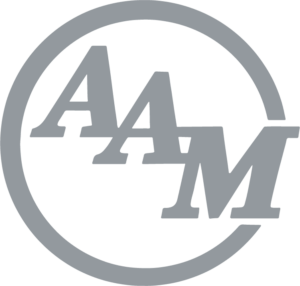Overview
SecuRESafe is an approved Course Provider of the TÜV Rheinland Functional Safety Training Program. This training covers all topics relevant within the international standard ISO 26262:2018, including all 12 Parts. ISO 26262:2018 is the state-of-the-art standard on functional safety for automotive manufacturers and suppliers. The training is provided by automotive functional safety experts and covers practical examples and exercises to support the understanding of key concepts and requirements of the standard. The live training allows for active discussions on the practical application of the standard in the automotive industry. An optional exam to get FS Engineer (TÜV Rheinland) certificate in Automotive is provided on the fourth day of training.
Details
- Overview of ISO 26262: complete safety lifecycle, phases, and work products
- Management of functional safety: the safety plan, distributed development, safety case, functional safety assessments and audits, functional safety after release for production
- Concept phase: Hazard analysis and risk assessment, automotive safety integrity level (ASIL), safety goals, functional safety concept
- System development: Technical safety concept, integration and testing, safety validation
- Methods in software development of safety-related systems, including guidelines, metrics, best practices
- Methods in hardware development of safety-related systems, including quantitative analysis such as the FMEDA
- Methods for avoiding systematic errors and detecting and controlling random hardware faults
- Expectations related to requirements, design, implementation, integration and testing
- Safety analyses at system, hardware and software levels: FMEA, FTA, analysis of dependent failures
- Supporting processes
- Specification of safety requirements, software tool suitability, qualification of software and hardware elements, configuration management, ASIL decomposition
- 4 hour exam (optional – following additional day)
Objectives
This course is designed for engineers, managers and anyone exposed to the standard that need to successfully implement the requirements of ISO 26262:2018. The course consists of lectures, practical exercises and examples, discussions, and offers opportunities for questions and exchange of experience from SecuRESafe’s automotive functional safety experts.
By the end of this course, participants will be able to:
- understand the basic principles of how to develop a safe product according to ISO 26262:2018
- learn how to manage the risks of product liability at the organizational and project levels
- be familiar with the roles and responsibilities defined by ISO 26262:2018 including the safety manager
- realize and interpret the architecture-related requirements of ISO 26262:2018 with regard to system, hardware and software development
- gain knowledge of the required safety analyses and how to conduct them
- be able to derive safety requirements, select adequate safety mechanisms and develop safety concepts
- be able to develop the safety case































